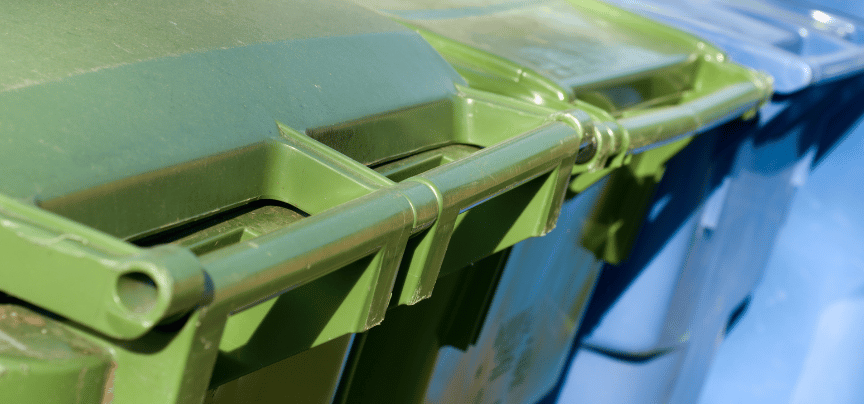
Police officers can properly investigate and make narcotic possession case by searching through trash left at a curbside of a house. The United States Supreme Court in California v Greenwood [1], has ruled a homeowner does not have a reasonable expectation of privacy in trash left outside the curtilage of the home.
The Case
In Greenwood, a police officer learned that illegal drugs in route to Greenwood’s address. A neighbor complained of heavy vehicular traffic late at night in front of the home. As well as vehicles remaining at house for only a few minutes. Officers confirmed later confirmed that numerous vehicles were making brief stops at the residence which sparked suspicion.
Police then asked the neighborhood trash collector to separate Greenwood’s garbage of other houses and turn the bags over to them. The trash collector did so and when officers searched the garbage, they found paraphernalia from narcotics, cocaine, and hashish. Greenwood was arrested and convicted shortly after, but made the decision to appeal the case.
The Court
The Court ruled he had exposed his garbage to the public sufficiently to defeat any claim of privacy under the fourth amendment. Garbage bags left at the side of a public street are readily accessible to animals, children, and other members of the public. It is left at the curb to be conveyed to a third party (the trash collector).
Courts reject the notion that a person has any expectation of privacy and that the trash has been abandoned [2]. State and federal decisions indicate that a citizen renounces any reasonable expectation of privacy in trash bags places on the sidewalk near garbage cans [3].
Did the citizen manifest a reasonable expectation of privacy? If so, he has “standing to challenge” the search. Courts look at a four factor test regarding the search of garbage bags located in a backyard.
- Where the trash is located
- Whether the dwelling is a single or multiple unit.
- Who removed the trash
- Where the search of trash takes place.
Conclusion
If a citizen leaves trash at the curb or sidewalk, he loses his constitutional right of privacy in the trash. Anyone who happens to walk by may pick up or search through the trash without obtaining a search warrant and any discovered contraband can be admitted as evidence against the occupant.
